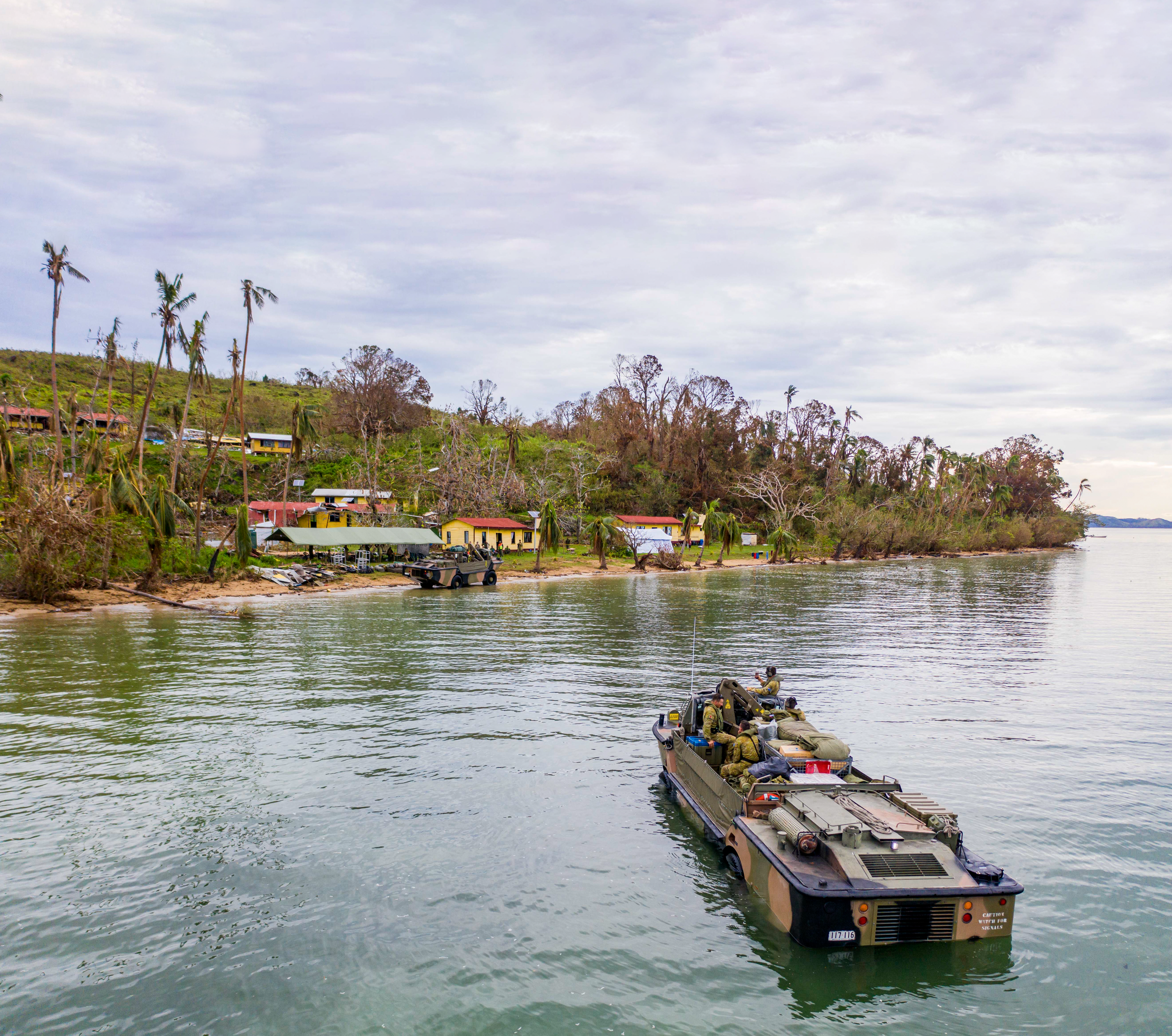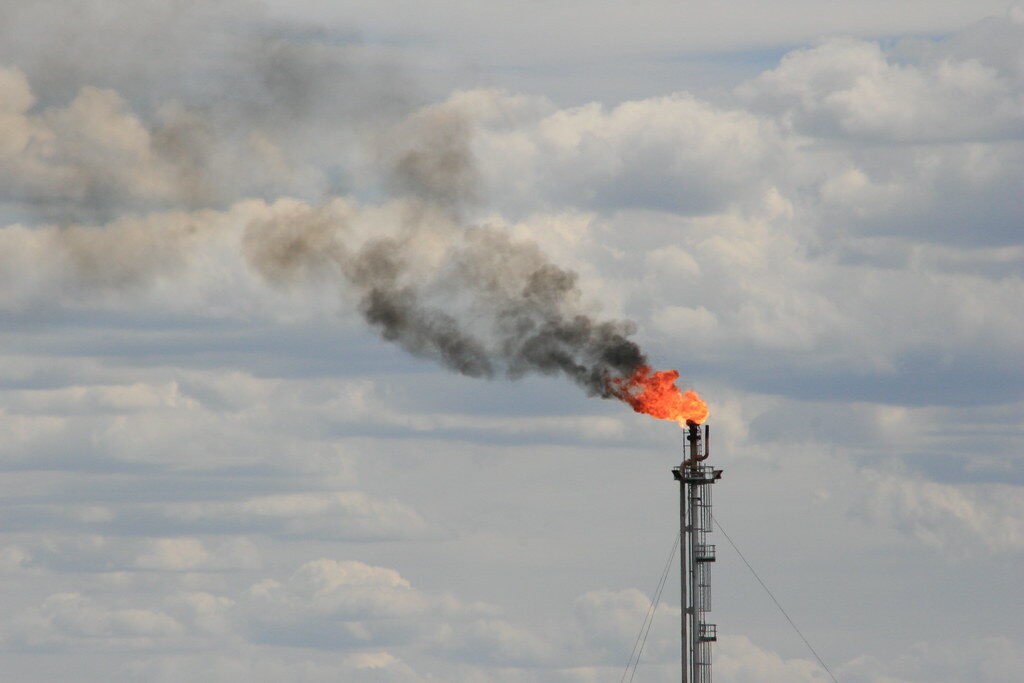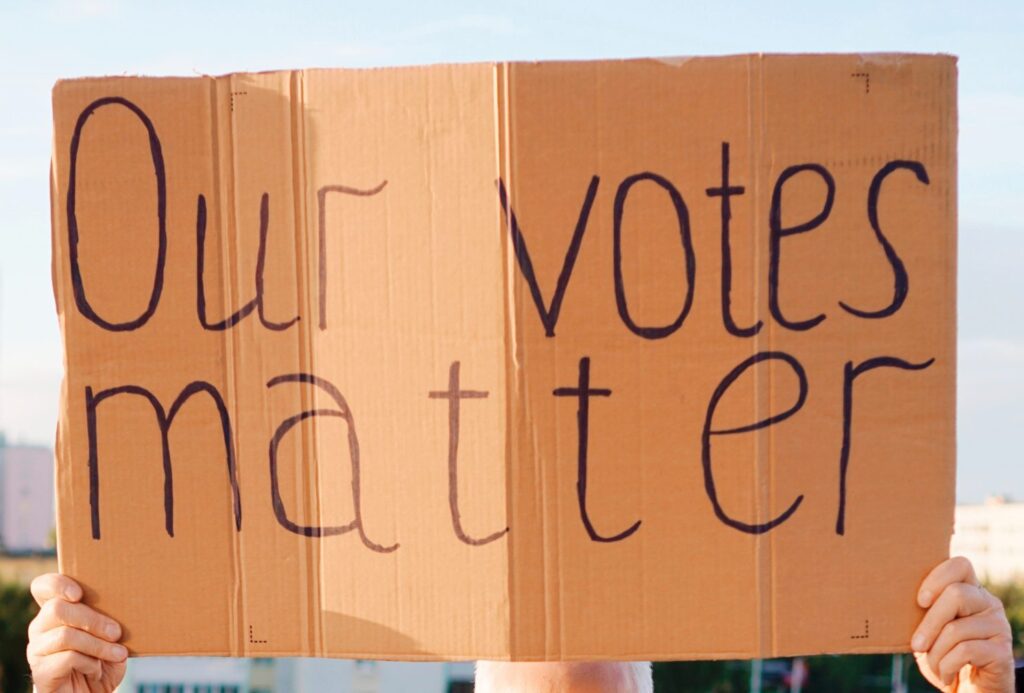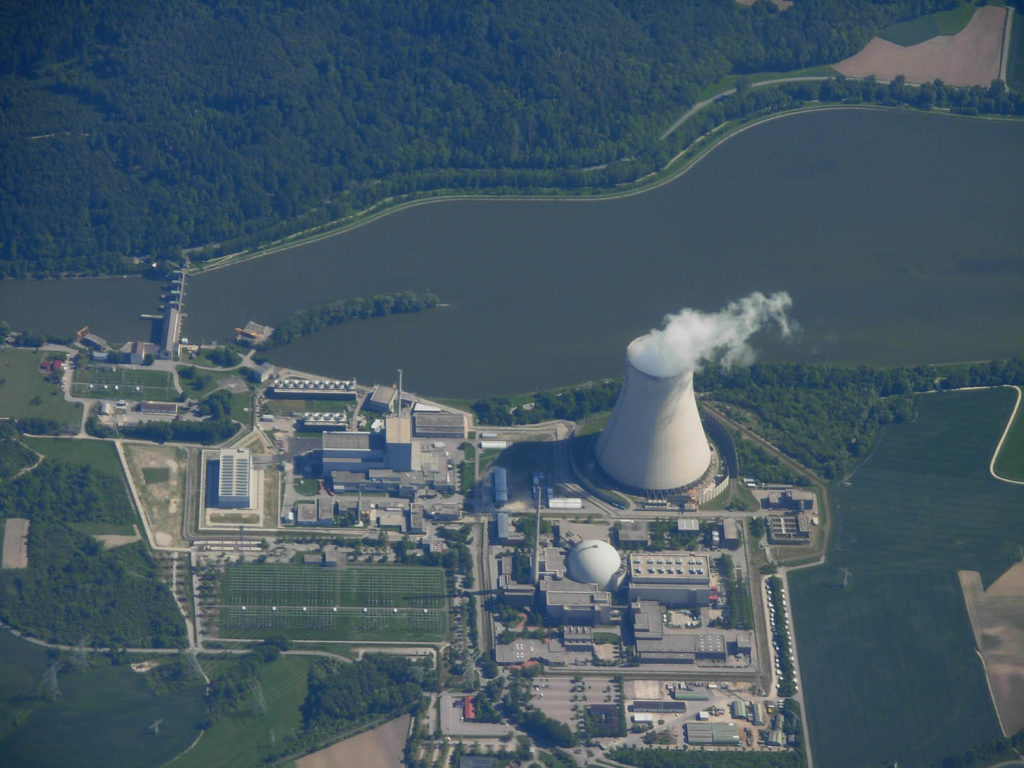This article is republished from The Conversation under a Creative Commons license.
Read the original article. Written by Climate Council Senior Researcher Wesley Morgan and University of Western Australia policy fellow James Bowen.
Last week, foreign minister Penny Wong laid out the strategic challenges facing Australia in a major speech.
Wong described great power competition involving China, America and Russia. She warned of the risk of conflict in our region as China expands its sphere of influence. And she defended the AUKUS nuclear submarine deal with the United States and United Kingdom.
But these are traditional challenges: nation against nation. Australia needs a similar declaration of the catastrophic security implications of climate change.
While Wong did mention climate change, it was secondary, set in the context of regional outreach.
As the climate crisis worsens, we must do more. Climate change is a threat. Maybe even the threat. We need to use every tool we have to tackle it – including our diplomats.
Climate change threatens our neighbours – and us
Australia is a big fish in a big, sparsely populated pond. Our neighbours in the Pacific see sea-level rise and ocean acidification as existential threats. For island nations, this is the big one – well above geostrategic competition.
To Wong’s credit, she understands this.
But climate damage isn’t restricted to island nations. Countries across South and Southeast Asia are also on the front line of warming, as this month’s record-breaking heatwaves show.
Just this weekend, people in Bangkok were warned not to go outside due to extreme heat. The apparent temperature – what the temperature feels like when combined with humidity – hit a record 54℃.
In our region, governments typically avoid close alignment with great powers and blocs. Yet there is no doubt rising temperatures are a key threat to all countries. Australia might have a tougher time remaining a credible partner to the region without a greater climate focus here too.
Back up words with serious action
Under Labor, our political and financial climate commitments have certainly increased.
Despite this, our domestic emissions trajectory is still not compatible with keeping global warming to 1.5℃ this century.
And, as of 2022, Australia was paying just a tenth of its fair contribution to the climate fund set up at the 2009 UN conference in Copenhagen.
Contrast this to the vast sum of money we have committed to spending on traditional security threats, especially the nuclear submarine deal which could cost up to A$368 billion.
Australians want to see more foreign policy ambition on climate front. A United States Studies Centre poll last year found 75% of us want climate action at the heart of our alliance with America. By contrast, only 52% of survey respondents felt the nuclear subs deal was a good idea.
What should Australia do?
It’s hard to imagine Australia – or any other country – financing climate action at a level on par with traditional security threats.
But there are actions we could take to help close the gap. We could rejoin and boost funding to the UN-aligned Green Climate Fund, which the previous Australian government left in 2018.
We should also retool our export credit and development finance to invest in climate-friendly assets and stop them funding more fossil fuel extraction.
At the same time, Australia could signal our serious climate commitments by continuing to strengthen domestic policies to ensure the reformed safeguard mechanism actually leads to genuine emission cuts. This would mean closing glaring loopholes, such as allowing major emitters to keep pumping out carbon pollution by purchasing carbon offsets.
As the global energy transition gathers pace, the federal government should do more to support clean energy exports. Australia is well placed to provide critical minerals and the green metals, fertiliser and transport fuels that the rest of the world needs. But we must act fast to secure lucrative opportunities –and to tell the world we are open for green business.
The way we communicate progress to the world is critical. For years, we have been seen as laggards and hold-outs, one of the few developed nations resisting the change which must come. It’s time for us to lead.










